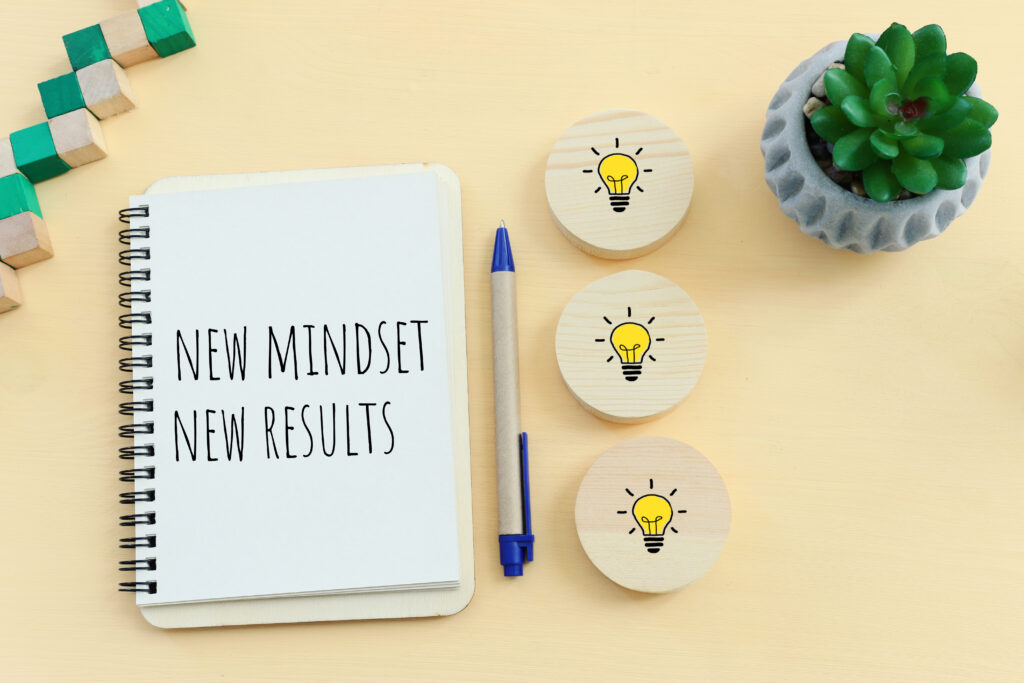Achieving Civility Through our Mindset

“I’m not allowed to get angry?” That’s a question that is raised in nearly every civility workshop we lead. Participants want to know how to have a mindset focused on civility when they’re feeling angry or frustrated. Our answer to that question is, “Of course you’re allowed to be angry. But, choose a mindset that helps you deal with the problem with civility.” It is our ability to understand the roles of emotions and mindsets that can help us maintain civility through everyday challenges.
While our emotions influence our mindsets, you can choose different mindsets for the same emotion. For example, if I’m feeling angry that my flight got canceled, I can choose a mindset that says, “This is the worst day ever! Why does this always happen to me? Nothing ever goes right.” Or, I can have a mindset that says, “I’ll get through this. There is a solution here. I can get this fixed.” The emotion is the same in both scenarios, but the mindset changes. When we lose someone close to us, we can feel that sadness for the rest of our life, but our mindsets may change and evolve over time. We can be devastatingly heartbroken over someone’s passing (emotion) and think about how grateful we are for the memories we have (mindset) at the same time.
Choosing your mindset, no matter your emotional state is an incredibly powerful tool because our mindset impacts our response. A negative mindset makes it less likely that we will choose the best possible response.
Our response to any situation is always entirely within our control. No matter how angry or frustrated we get, we can choose any number of responses – from violence, shaming, and name-calling to asking questions, seeking connection, and working to understand the other person. It is the same emotion, but different mindsets produce different responses.
The next time you are struggling to choose the right response in an emotional moment hit pause and ask yourself three questions:
- What emotion am I feeling right now and why am I feeling it? Acknowledge the emotion. Acknowledge the reason for that emotion. Feel what you feel.
- What outcome do I hope to achieve in this situation? You can’t fix everything, but what outcome is within your influence?
- What mindset and response give me the best chance to achieve that outcome?
By Jeff Kluever, Director of Programs